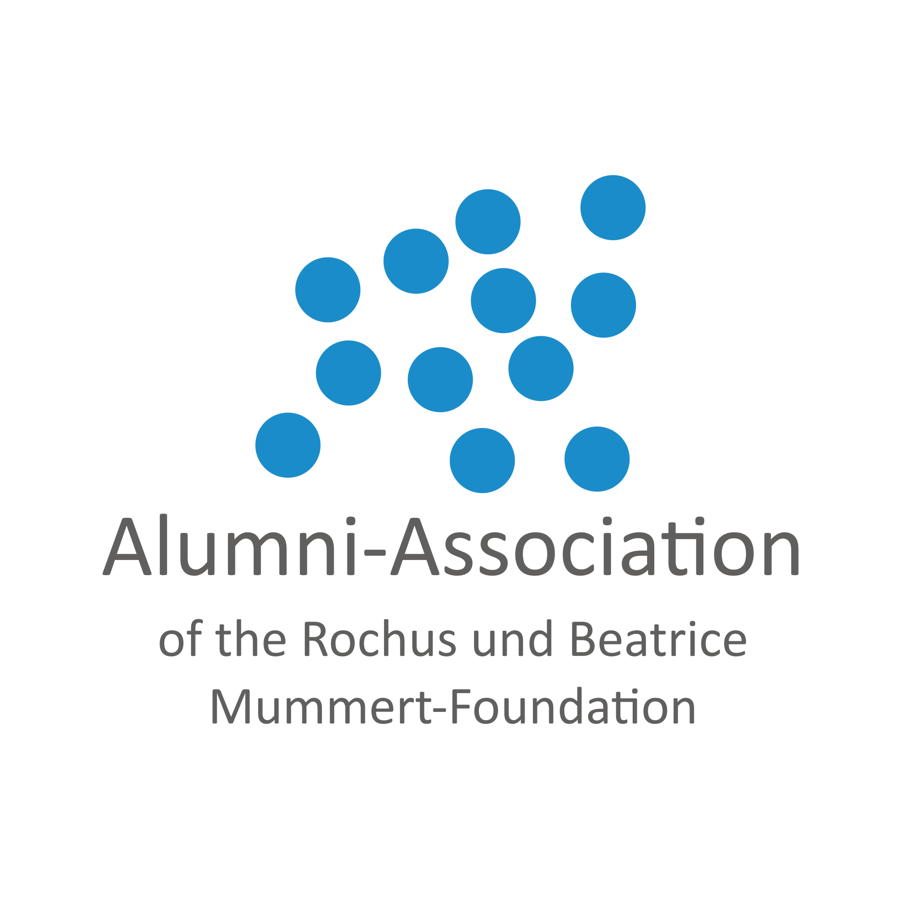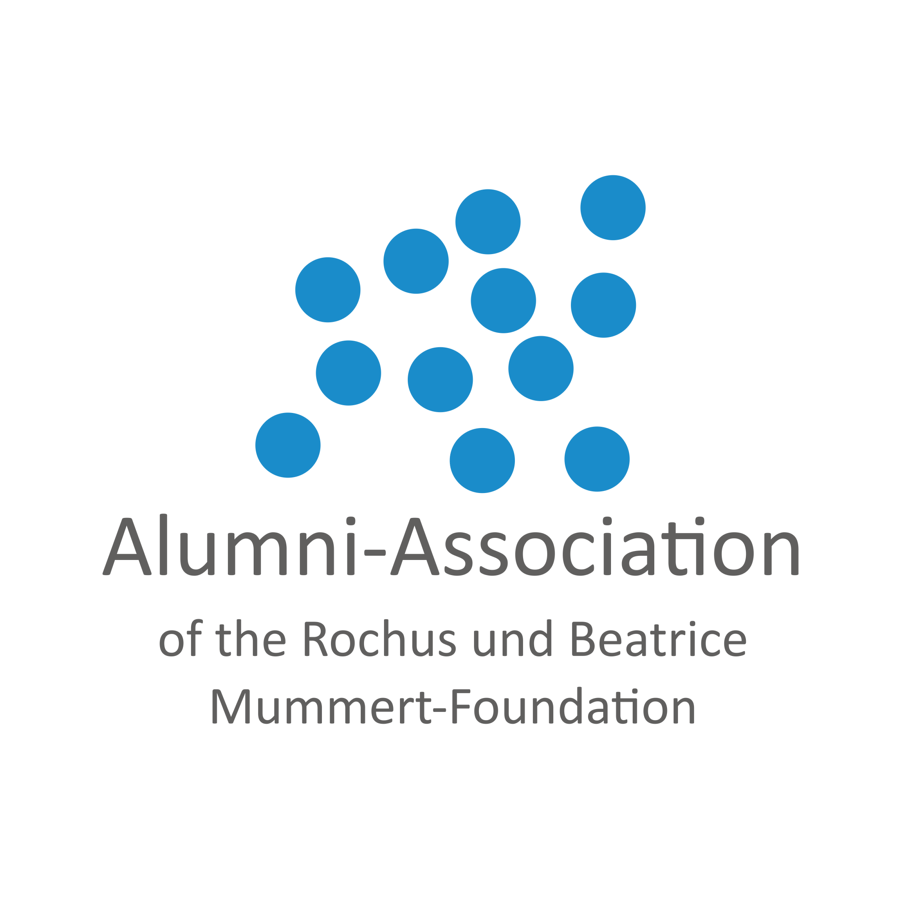“Fostering exchange across sectors to increase trust & transparency”
Report on the “Trust and Transparency” seminar
written by Jean-Baptiste Perrin, project team member
The Seminar « Trust and Transparency » took place 16-18 November 2018 in Palermo, Italy.
28 participants from 21 countries, representing 22 different Robert Bosch Foundation programs and 3 different clusters (« government officials », « media », « NGOs and business professionals ») came together to explore through small group activities, panel discussions and presentations what they could do personally to increase transparency and communication between the media, the public service and the private sector.
The seminar was organized by the Bellevue and the Mummert Alumni associations, with the support of the Robert Bosch Foundation and the iac Berlin and under the patronage of Palermo, italian Capital of culture 2018.
Programme
The seminar began on a high note with a “NOMafia” guided tour of the city of Palermo conducted by a representative of the association «AddioPizzo». For 3 hours, participants were able to get an insight into the amazing work achieved by this Sicilian association whose aim is nothing less than leading a cultural revolution against the mafia and in particular to abolish the “protection money” that many local businesses still have to pay in order to be allowed to continue their activity.
This first day ended in a convivial atmosphere : after the welcome of the last participants and a get-together in front of the port of Palermo, a speed dating was organized to rapidly break the ice before going together for dinner in a restaurant of the city, where an great variety of local specialties was rapidly swallowed up.
The two following days of the seminar took place in an exceptional location: the Palazzo Belmonte Riso, a palace dating back to the end of the eighteenth century and nowadays hosting the museum of modern and contemporary arts of Palermo. The presentations and discussions took place in a room surrounded by artworks by the Italian-Greek artist Iannis Kounellis.
The introductory presentation, given by Mr Vitor Simoes, co-funder of 4change, defined the context and the current framework of the issues targeted by the seminar. Mr Simoes described the key dimensions of trust and addressed the increasing lack of trust of citizens in public institutions, media and NGOs, by presenting the results of the Edelman Trust Barometer. Thanks to his presentation, a clever mix of abstract concepts and very concrete examples, Mr Simoes familiarized participants with the topic and provided them with the tools to express their toughts during the rest of the seminar.
The presentation was followed by an interview of Mr Eduardo Zaffuto from the association “Addiopizzo”. «A whole people who pays the pizzo is a people without dignity». This is the sentence that the inhabitants of Palermo discovered, posted all over the city, one morning in 2004. They were amazed, because talking about the pizzo had become taboo for years since the murders of mafia opponents. Mr Zaffuto explained how this schocking campain was the first action of the association to start the cultural revolution against the mafia. Through the interview, participants could understand better how the association managed to rebuild trust between the businesses targeted by the mafia, the police and the citizens. Needless to say how inspirational the intervention of AddioPizzo was.
In the afternoon, participants divided themself in 4 smaller groups to discuss stories on trust and transparency shared by case givers chosen among the participants by the organization team. The 4 groups were constituted so to have a good balance of each of the three clusters represented during the seminar (public administration, media, business and NGOs).
– Through the first story, the participants could get some insights on what happens behind the curtain of an national administration in charge of managing and communicating on health crisis.
– The second story was a sadly banal case of corruption, that the participants took as an example to discuss the means available to each of us to take action when we see or suspect corruption.
– The third story described how strong transparency policies can have adverse effects if no real culture of transparency is nurtured among the institutions targeted by these policies.
– Finally the fourth story illustrated all the obstacles that an investigation journalist has to overcome the obtain the information from competent authorities in order to report on a controversial public projects.
The small groups then merged again at the end of the day and presented their conclusions to the whole assembly in form of DO’s and DON’Ts. Besides these four stories, participants shared many other cases that the organization team compiled in a anonymized case catalogue that was distributed during the seminar as food for thoughts.
After the studious day, participants dinner together in Moltivolti Restaurant in the historic Ballarò market. During the dinner, the team running the restaurant presented its project to implement a model of development and social enterprise based on interaction and enhancement of differences.
On the final day of the meeting, participants continued to work together on the drafting of DO’s and DON’Ts. The organizing associations closed the seminar by presenting themself and their view on the future of the group that came together for the seminar.
Conclusions
A great importance was attached at making the whole event cross-sectional and this goal has been reached. Thanks to the design of the event (speed dating, small group discussions, sharing of personal stories) and the willingness of the participants, professionals from very different backgrounds managed to communicate and discuss each other’s constraints and motivations.
The success of the seminar was largely due to the quality of its participants, that accepted to share their personal stories, be it negative or positive experiences, to start the discussion on the greater issues regarding trust and transparency.
Through the discussion, it appears that while the concepts and the policies regarding transparency are well established, it is now necessary to build and nurtured a culture of transparency, that is still lacking, even in countries that are often considered in advance on this topic.
The work and results of the local associations that have been presented during the seminar, and especially the association « addiopizzo », demonstrated that grass-roots initiatives can make a real change and can start such cultural revolutions.
Finally the location, the city of Palermo fitted perfectly the aim of the seminar. The city not only benefits from a very rich historical and cultural heritage but is also a place where citizen engagement is boiling, what was very inspirational to find innovative solutions to rebuild trust.
If you have any further questions, please contact us via e-mail at bellevueboschalumni [at] gmail.com and boka [at] mummert-alumni.de .


